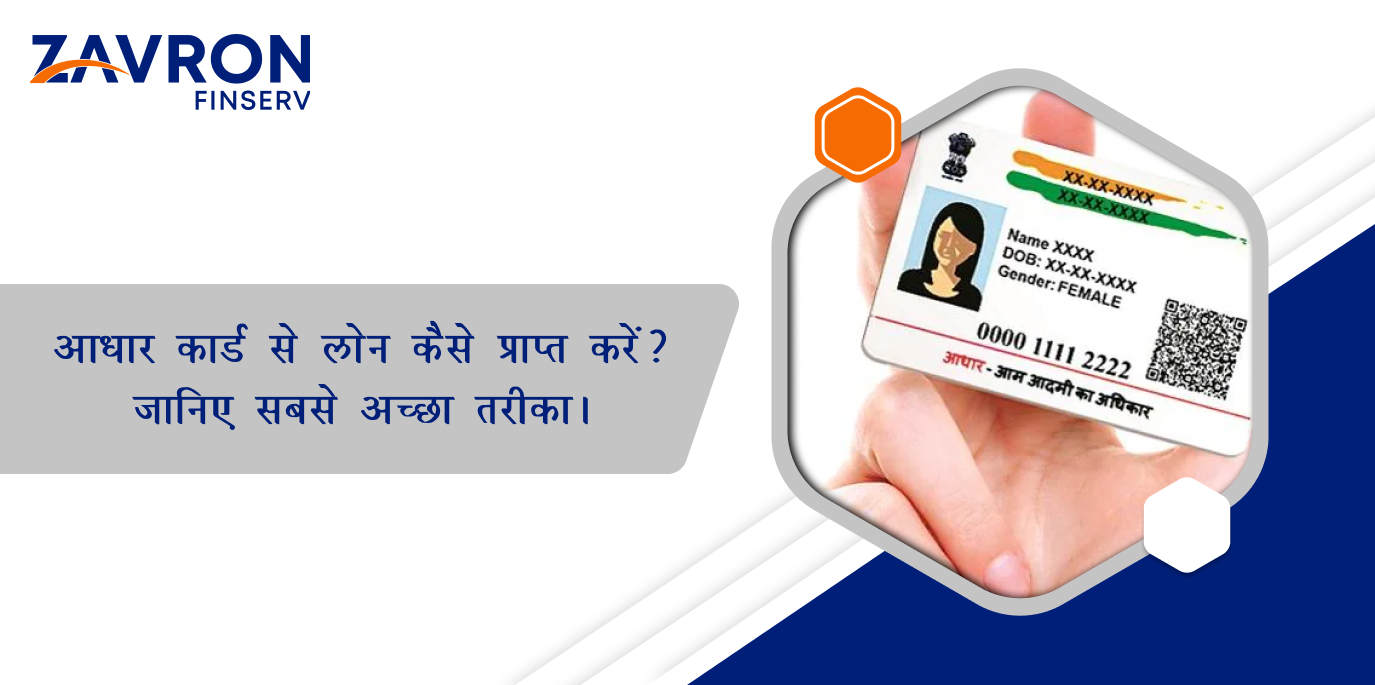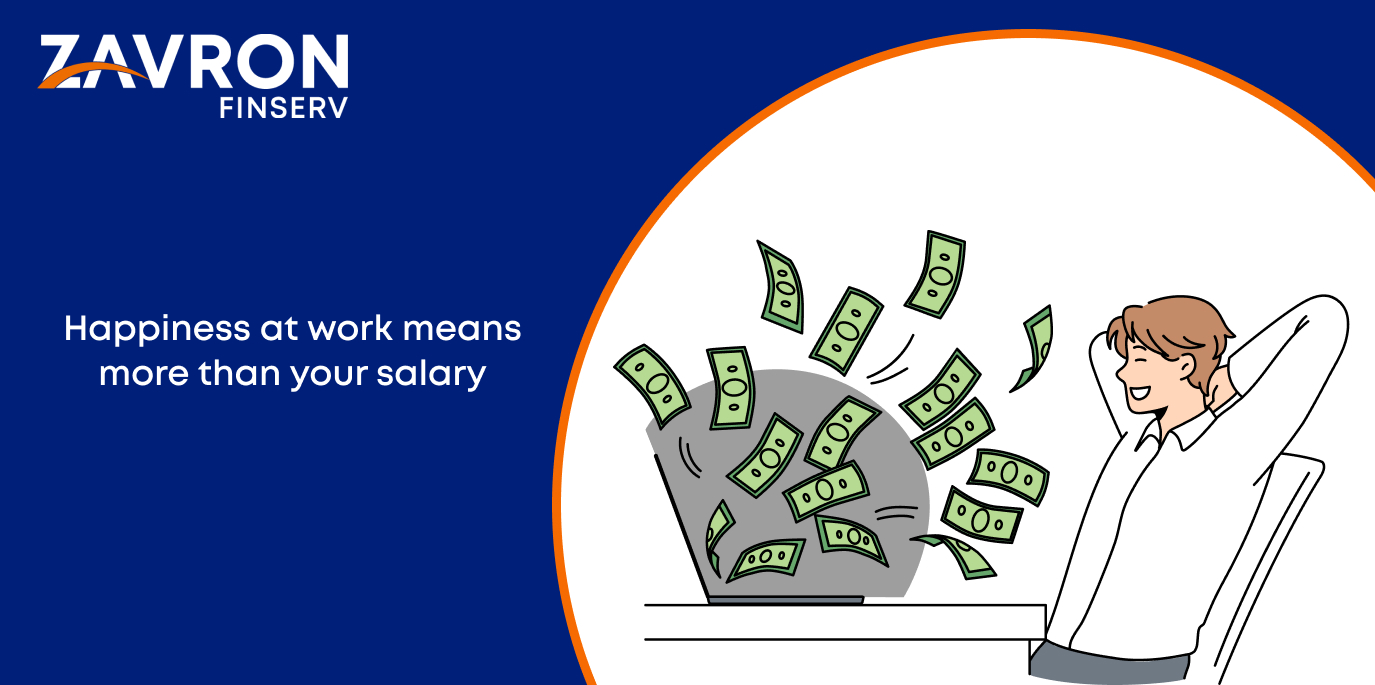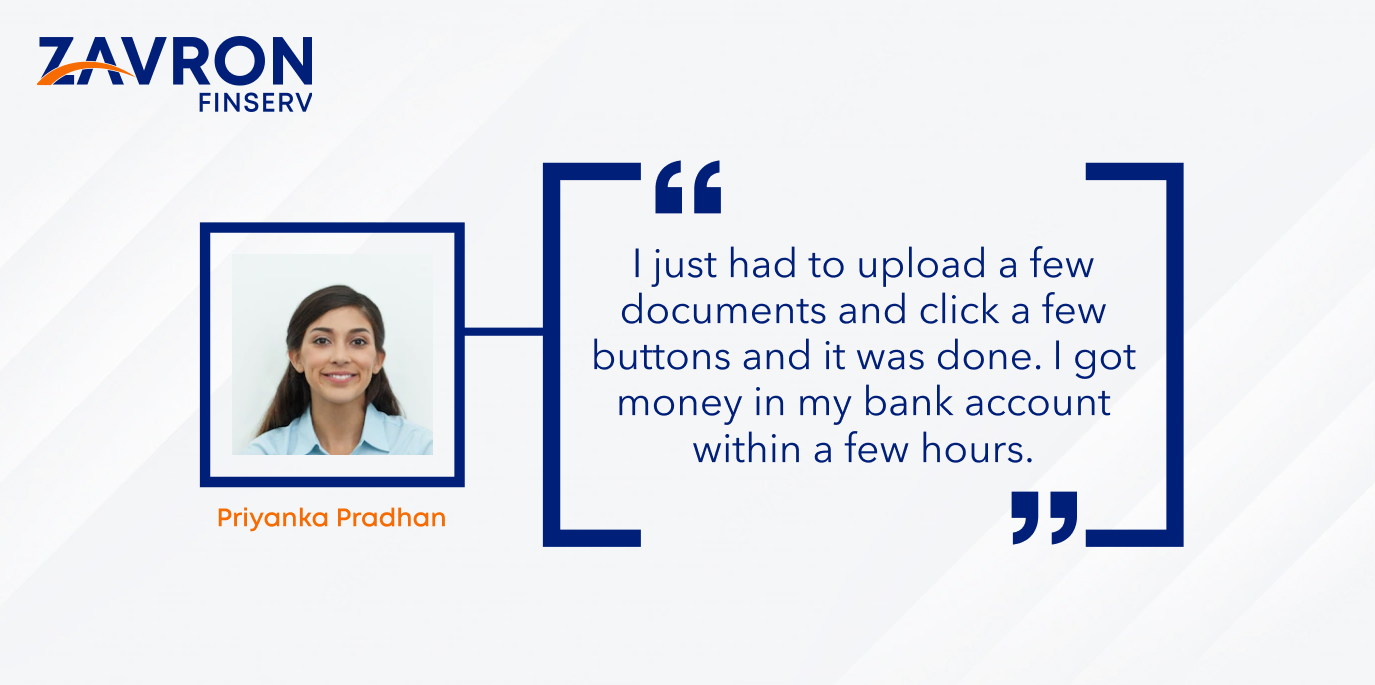
Sep 11, 2021 ●12 min read
What Happens if You Don’t Pay Your Personal Loan Emi : 5 Legal Aspects Worth Considering
As a new borrower, one question which must have definitely pondered your mind before taking out an instant personal loan is, what happens if I do not pay my EMIs on time? While it might appear redundant and insignificant at first glance, this question needs to be answered because without knowing the ramifications of defaulting on your financial obligations, a lot of new borrowers undoubtedly put themselves at the risk of falling into a debt trap.
Thus, in today’s article, we will share with you some of the most significant steps lenders take in case borrowers miss out on their payment obligations. Without further ado, let’s get started.
1. Negative Impact on Credit Score
One of the first and most serious ramifications you will experience on non-payment or late payment of your urgent personal loan EMI will be the negative impact on your credit score. As we had explained in an earlier blog post, credit rating agencies in India such as CIBIL and Experian take into account four main factors to calculate your credit score. The most significant of them are
● The number of late payments you have made
● The number of timely payments you have made
● The number of loans you have taken in the past
● The total amount of credit you have utilized
As you can witness from the above list, the timeliness of your payment is of key concern to both your lender and the credit rating agency. Thus, if you fail to even pay one of your EMIs on time, you can immediately expect to witness a negative impact on your credit score in the following month.
A good point to keep in mind here is that during the first couple of non-payments, the reduction in score will be moderate; however, as the duration of your non-payment continues, the effect will trickle from severe to worse.
2. Additional Charges and Late Fees
Next to the reduction of your credit score in your credit report, another consequence of non-repayment will be reflected in the additional amounts your lender will charge you in the upcoming months. Irrespective of the lender you choose for your instant personal loan, one common ramification all of them adhere to is to charge you a late fee for delayed payments, along with other additional charges to recover their losses. Along with this, in some cases, the lender might have a fail safe policy in place wherein a higher interest amount automatically starts getting charged on your due amount once you miss the payment due date.
All in all, on top of the negative impact on your credit score, you can expect a severe additional charge imposed on you in case of non-payment or late payment of your quick personal loan EMI.
3. Reduced Creditworthiness
One of the most common aspects most new borrowers are often unaware of is the fact that all your lending and repayment history are carefully captured, stored and analyzed for future access by the credit reporting agencies. This means that no matter which lender you approach for a loan, it will get reported to your credit rating agency along with your repayment history, and the credit bureau will continuously analyze this data to accurately calculate your most updated credit score.
As we pointed out in an earlier paragraph, once your credit score starts decreasing because of late payments, you start a downward spiral, and this directly affects your borrowing capacity in the future. Essentially, if you do not pay your current dues on time, the next time you approach a lender for any type of loan, be it a home loan or a vehicle loan, they will be wary of lending to you or only extend their offer by charging you a premium interest rate.
4. Loss of Assets
In India, there are essentially two types of personal loans available; one is an unsecured loan, and the other is a secured loan. Now we all know about an unsecured loan, but what is a secured loan? Essentially, a secured loan can be understood as a financial lending instrument wherein you pledge a certain asset or collateral with the lender and the lender grants you a loan against that security.
In case you have taken a secured personal loan and you have regularly failed to meet your repayment obligations, one consequence you might encounter is loss of the assets you earlier used as collateral. Since you pledged your assets as a security to the lender, on non-payment of your EMIs, the lender will automatically seize your assets and either sell them or lease them out to a third party for recovery of their losses. While the occurrence of this might be rare, the chances of it happening cannot be discounted.
5. Legal Implications
Last but not least, when all hope is lost, the lender might file a civil suit against you. In most cases, this is a last resort adopted by lenders after all the above methods have been tried and tested. Although you won’t necessarily be put behind bars, a civil suit will quickly become a very expensive procedure for you. Starting from the legal fees of your lawyer all the way to the actual monetary compensation you are deemed to offer the lender, the process is undoubtedly tiring, exhausting and mentally straining.
In Conclusion
When you are taking a personal loan, one of the first and most important aspects you should focus your attention on is to plan your repayment. While it might sound obvious at first, without proper planning, you will put yourself at the risk of severe consequences, as we pointed out in the contents of this article. So, plan ahead, repay on time and stay safe.
Quick Links:
ZenCash Personal Loan App | Instant Business Loan | Home Renovation Loan | Medical Emergency Loan | Laptop Loan | Mobile Loan | Apply Now

LICENSED BY RBI
ZAVRON FINANCE PVT LTD
RBI License no.:- N-13.02268
CIN:- U67100MH2017PTC292183






